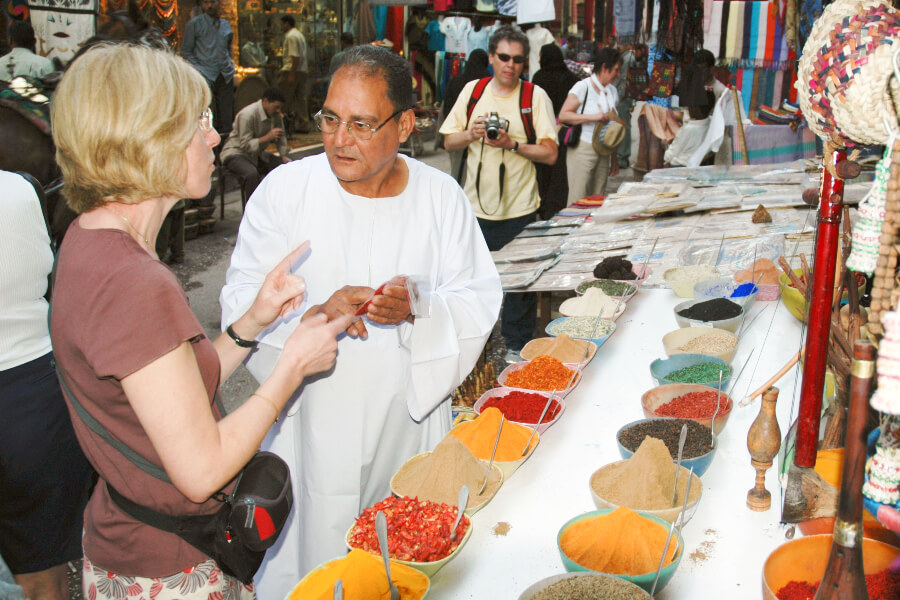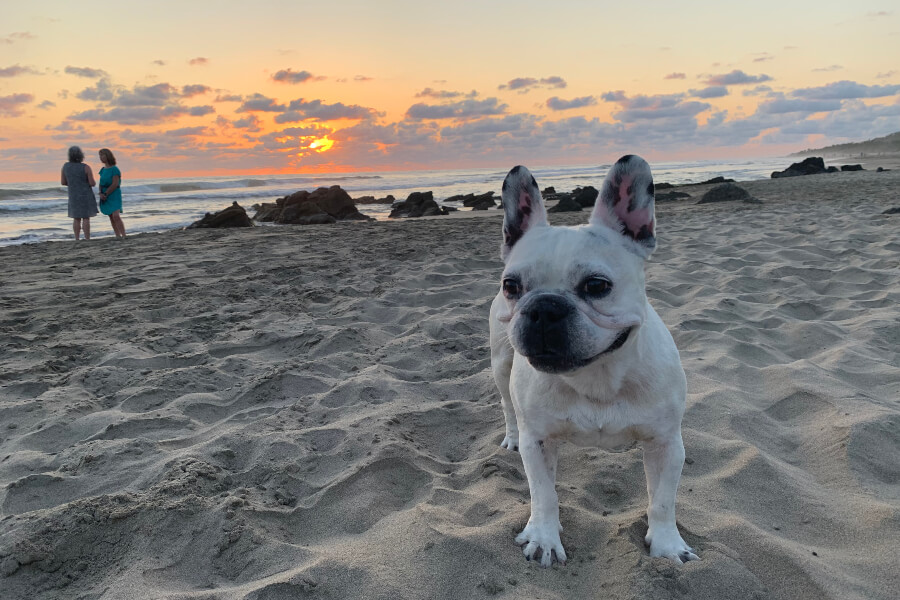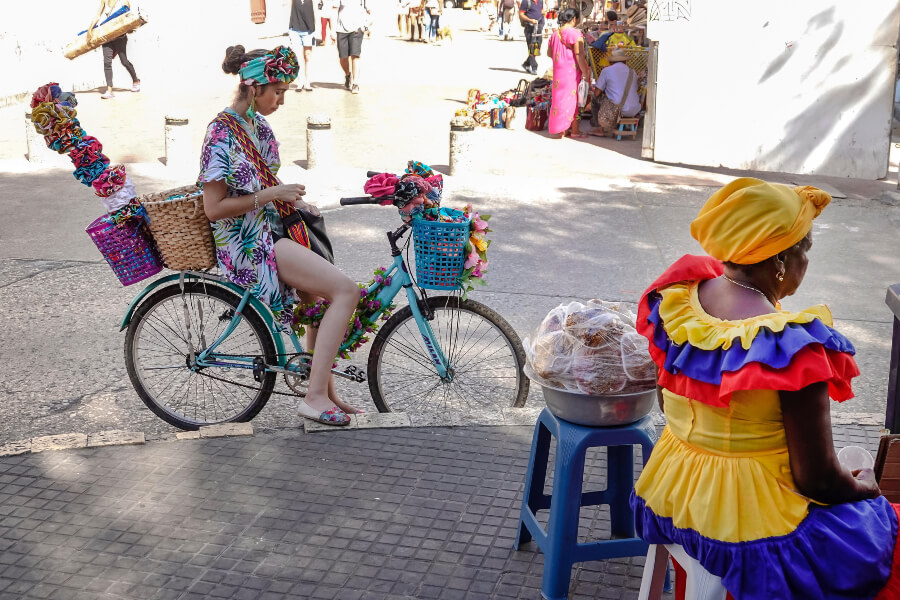I needed a headcount for Christmas dinner. It was an easy job, but for one complication—it required talking to my grandmother. Though I loved Mimo, I knew I’d need a big block of free time for the call. I never had a big block of free time.
“Would you call your grandmother already?” my husband said.
“Okay, okay, but first wine.”
She answered on the 13th ring.
“Mimo, I just have a second but need to know if you’re joining us for Christmas,” I said.
“¿Quién sabe? I don’t know what plans God has in store for me,” Mimo said.
“Right, but if you had to guess, will he have Christmas in store for you?”
“Mijita, cada día es un regalo de Dios!”
“Yes, every day is a gift, but should we come pick you up, if God doesn’t kill you before then? I just need a yes or a no.”
“Si Dios quiere,” she said.
“Fine, Dios will quiere—God will be willing,” I said.
Mimo pivoted the conversation.
“You never come visit me,” she said.
“I came last week, and I’ll see you next week for Christmas,” I said.
“Oh, I’m not sure I’ll be able to make it.”
“I thought you said you could come?”
“Quién sabe what God has in store for me.”
These conversations were infuriating—yes, for the “Will God be willing?” dance, but even more for the Spanish.
I love Spanish. I grew up in Mexico, having moved there when my mother married a violinist in the Guadalajara symphony. But Mimo did not. She was a middle-aged, lily white, Irish Catholic woman named Marjorie Riggins who play-acted like she was from Mexico.
I never fully understood why she did this, but my mother said Mimo simply loved the language. Mimo had taken Spanish classes when she was in her 20s and discovered she had a facility for the language. She dedicated herself to becoming fluent. Ever since, she acted as if Spanish were her native tongue. If a waiter had even a hint of melanin in his skin, she’d speak to him in Spanish. If a word was capable of being pronounced in Spanish, it was.
“Can you just order in English?” I’d ask at the Taco Bell counter (the taco which she’d pronounce in Spanish, and the bell in English—Taco Bell).
“Pero me encanta el español,” Mimo would say.
“Yeah, I know you love it, but you can’t assume everyone with off-pearl skin speaks Spanish.”
God was willing to let Mimo come to Christmas that year. During dinner, my husband interrupted one of her stories. Mimo turned, gave him a sweet smile, and said, “En boca cerrada no entran moscas.”
“Mimo, he doesn’t speak Spanish,” I said.
“¿Por qué no?”
“She wants to know why you don’t speak Spanish,” I said to my husband.
“But what did she say before that?”
“‘Flies don’t get in a closed mouth. It’s her way of saying she wants you to shut up.”
Mimo sat quietly, confused look on her face, as if she didn’t understand a word of the translation I was providing.
As she aged, Mimo got Alzheimer’s. Even with dementia, she could recognize a Hispanic person from across the parking lot.
“Amiguito!” she’d yell.
“I’m sorry, she’s got Alzheimer’s,” I’d say.
As Mimo’s Alzheimer’s progressed, so did her Spanish. Two or three years in, she didn’t speak English at all anymore. Another year later and she barely even understood English. A year after that, and she didn’t understand anything at all.
When I visited Mimo at the memory care unit, she’d look at me blankly.
“Mimo? I’m your granddaughter Lucie,” I’d say.
Blank.
“Susan’s daughter.”
Blank.
“¿Cómo has estado?” I’d ask.
She’d smile and grab my hand.
It’s beautiful, really, how the Spanish got so deeply rooted in my grandmother, how it became like classical music that her fingers automatically knew how to play. Her love of the language and culture of Mexico must have been so elemental, so pure, that it became the core of her.
It’s beautiful how the one trait that most annoyed me about my grandmother became the one for which I was most grateful—the delicate thread I’d use to pull her back to me, if just for a stitch.
“Te quiero, Mimo,” I’d tell her.
And she would nod.
And it was beautiful, really beautiful.





















0 Comments